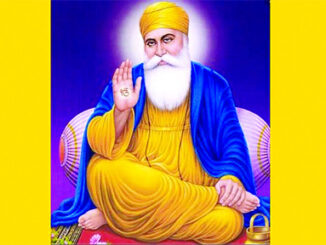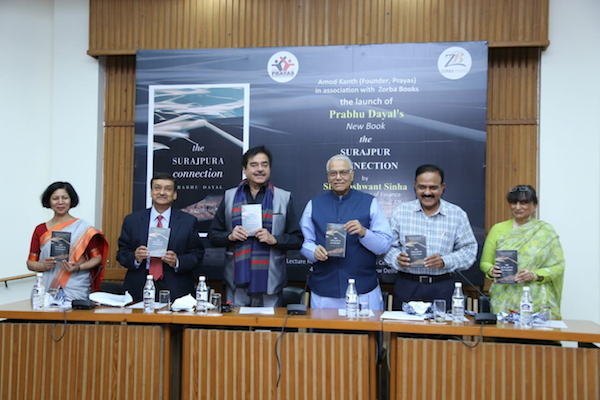
US President Donald Trump appeared to be at his wits’ end when he made a rash comment after his chief economic adviser Gary Cohn put in his papers: “Will be making a decision soon on the appointment of new chief economic advisor. Many people wanting the job — will choose wisely!” It is both a confession of his poor judgment and a desire to have a yes-man. This is an ominous sign of rising protectionism that threatens to disrupt global trade. Although, China appears to be in the President Trump’s direct firing line, India needs to be prepared for collateral damage. The signs are there when the US President in an emotional outburst hauled up India for high import duties on the iconic Harley-Davidson motorbike despite its “insignificant” contribution in the total bilateral trade. Indeed, jingoism in any form is irrational.
President Trump’s protectionism may, however, hamper the American economy the most. In a last-ditch effort, adviser Cohn tried to make Trump understand that undue tariff protection to domestic steel and aluminum makers would hurt upstream manufacturers like cars and cans. It is unfortunate that the US, which once championed free trade ring-fenced by WTO, is resorting to unilateral trading barriers instead of sharpening the competitiveness of the domestic industry. Apparently under pressure, India has already started importing energy all the way from America, which makes little commercial sense, especially when such resources are freely available in the neighborhood. Indian airlines have placed orders worth several billions of dollars to purchase more than 300 American aircraft.
President Trump’s decision to impose steep tariffs on steel and aluminum imports is primarily targeted at Canada and China but the impact will be felt by steel and aluminum producers across the world. The decision has the seeds to unleash a global trade war as the US imports steel from more than 100 countries. China has already communicated that it would retaliate if its interests were harmed. For Indian manufacturers, it is the time to become more competitive. Once the US market gets closed, Chinese exporters would turn towards India in a big way.
(Tribune, India)





Be the first to comment